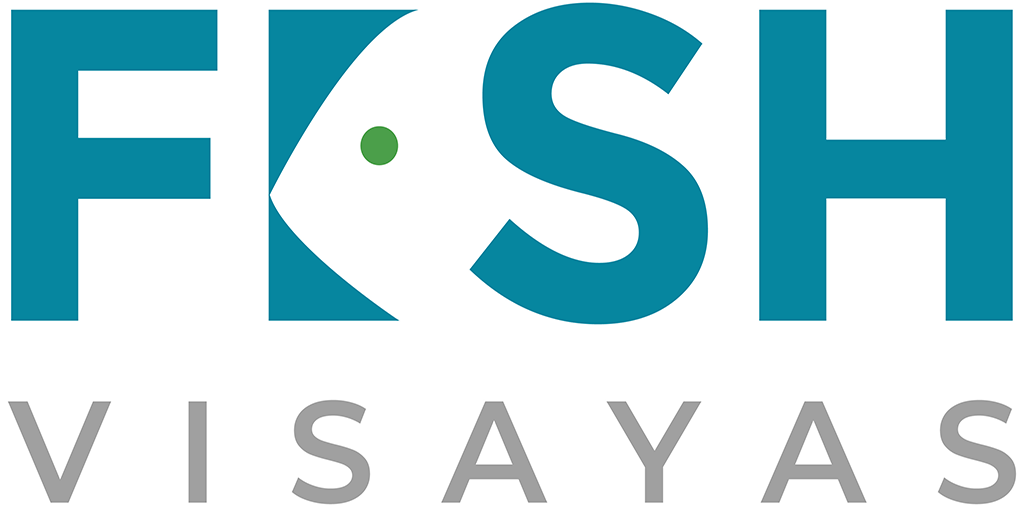Partner LGU and Fisherfolk Associations proved that education could never be hindered even amid times like this as they conducted an online learning session and partner meeting revolving around solid waste management (SWM) and coastal clean-ups.
Held on September 3, 2021, the online learning session and partner meeting on SWM and coastal clean-up program for Bohol were attended by Partner LGU and Fisherfolk Associations and conducted at Jj’s Seafood Village, Tagbilaran City. The goals were to strengthen and deepen the understanding and awareness as well as bring empowerment to fishermen with the enactment of Coastal and Biodiversity Protection, Plastics and Marine Litter, and the Ecological Solid Waste Management Act of 2001 (RA 9003).
Coastal clean-ups are movements done to encourage and engage people to remove debris from beaches and waterways and to mitigate and eliminate the sources of those litters. This unified act also raises awareness to change the behavior that leads to such pollution. It is estimated that each year, oceans all over the world harbor 13 million metric tons of plastic. The drastic effects of marine pollution have made its presence known through the devastation of the marine population: approximately 267 species worldwide received nothing but negative impacts from marine plastic pollution.
Moreover, as the population of the Philippines steadily increases year after year, the solid wastes generated by Filipinos also upsurge, especially in residential areas. It is also expected that by 2025, the solid wastes produced by Philippines cities will escalate by 165 percent to 77,776 tons. To prevent such an event, the Ecological Solid Waste Management Act (RA No. 9003) was created, constituting the prohibition of the use of open dumps and demands the LGUs to transform open dumps into sanitary landfills. It is stated in a study that unregulated dumpsites and landfills in the Philippines puts the environment at great risk from hazardous chemicals that may percolate water resources, soils, and plants adjacent to those dumpsites.
Having said this, the said online learning session aims to establish cooperation among fisherfolk, LGUs, and private and government organizations toward the improvement of solid waste management, especially in coastal barangays covered by the project.
This move is part of AFOS Foundation’s effort in promoting sustainable fisheries in Central Visayas through the FISH Visayas Project. The project aims to increase and make sustainable the incomes of fisherfolk and MSMEs in different parts of the region.
